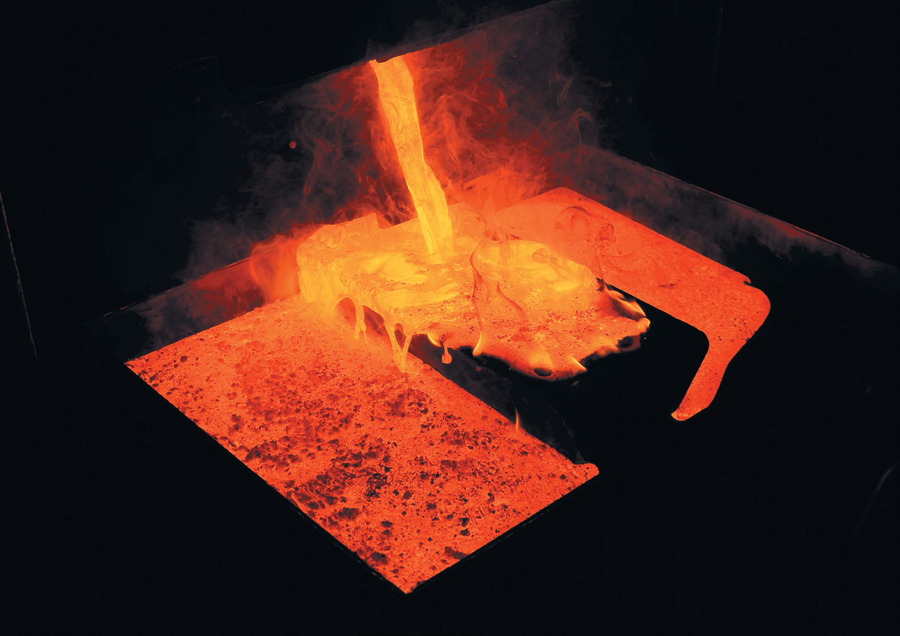Polyus issues bonds in Chinese yuan

Russia’s largest gold producer Polyus issued bonds denominated in the Chinese yuan worth 4.6 billion yuan ($670 million), it said on Wednesday, becoming the second Russian company to borrow in yuan within a month.
Demand for the yuan in Russia has increased since Feb. 24 when Russia sent tens of thousands of troops into Ukraine and the West imposed sweeping sanctions against Moscow, limiting its access to the dollar and euro markets.
Polyus, the world’s fourth-largest gold mining company by production volumes, said it issued five-year bonds with a coupon rate of 3.8%, planning to use proceeds from the issue for general corporate purposes and investment projects.
The initial coupon guidance was no more than 4.2% per annum, while the guidance for volume was no less than 3.5 billion yuan, said Olga Sterina, an analyst at Sberbank CIB.
“The offering drew a great deal of interest from investors. Going forward, we expect the number of Russian companies borrowing in yuan in the local market to increase,” Sterina said.
The move comes weeks after Russian aluminium producer Rusal RUAL.MM tapped the yuan bond market on the Moscow Exchange, which started trading bonds in the Chinese currency to lure Asian investors.
Russia has charged up to third place on a list of countries outside mainland China using the yuan for global payments, highlighting how it is being affected by sanctions, according to the global financial messaging firm SWIFT.
“Yuan instruments are a great alternative to the dollar. We have a positive view on the outlook for the yuan. Its liquidity is expected to increase, international convertibility will improve and sanctions risks will remain limited,” BCS Express analysts said.
The Russian finance ministry is also looking into borrowing in yuan, Vedomosti daily reported, citing sources. The ministry has for years been saying it was considering issuing yuan-denominated bonds.
The finance ministry plans to resume domestic borrowing via OFZ treasury bonds in September and plans to boost borrowing in 2023 as inflation and the central bank’s key rate decline.
($1 = 6.8666 Chinese yuan renminbi)
(By Andrey Ostroukh; Editing by Elaine Hardcastle)
More News
{{ commodity.name }}
{{ post.title }}
{{ post.date }}




Comments